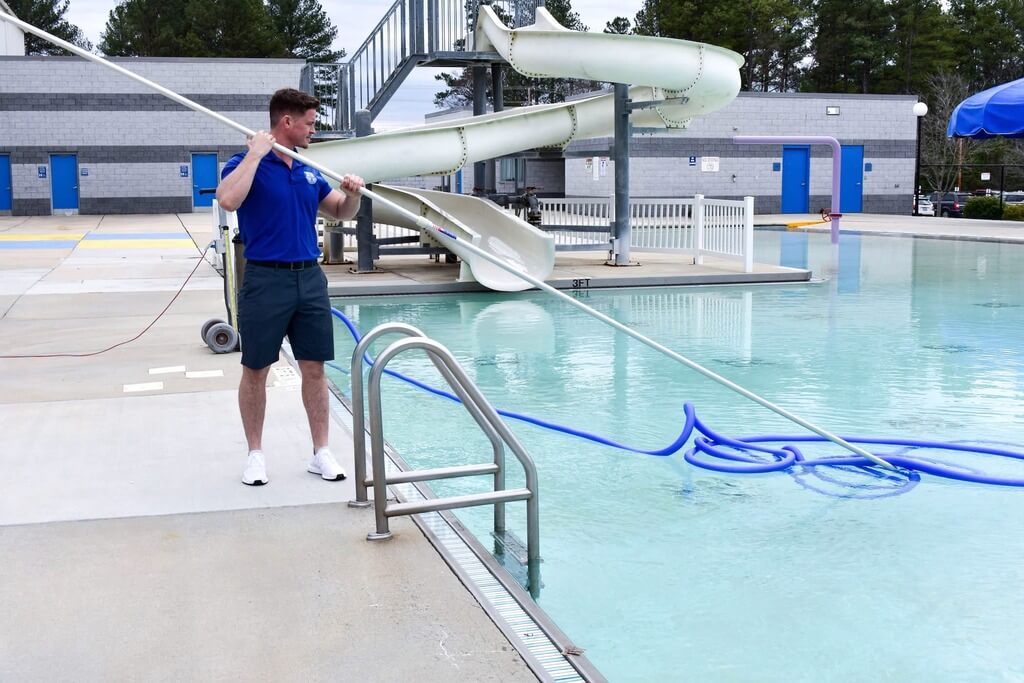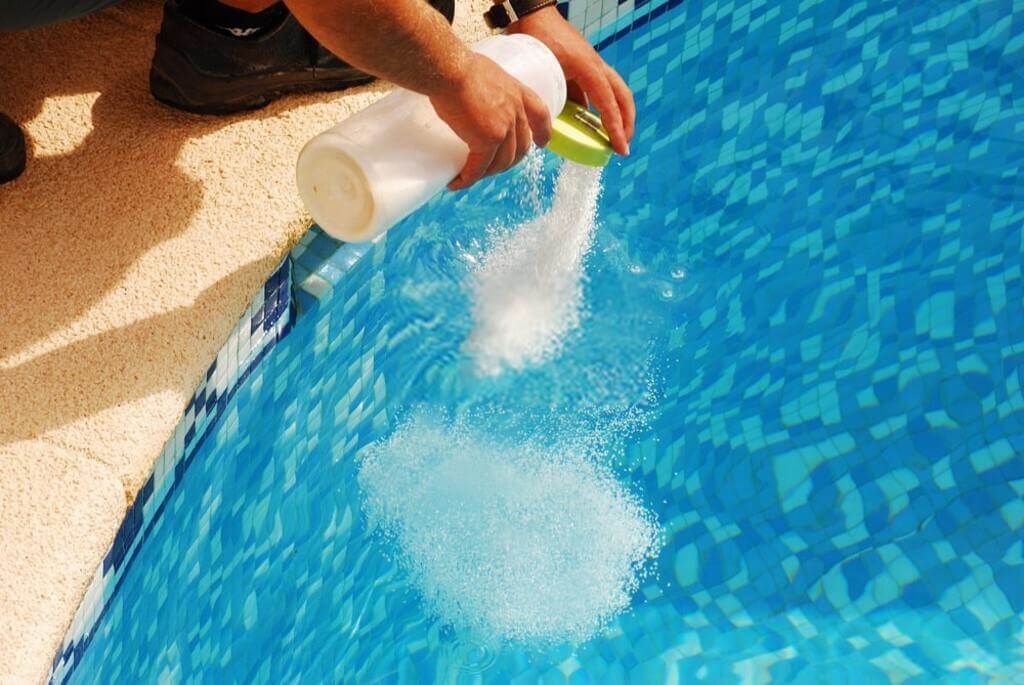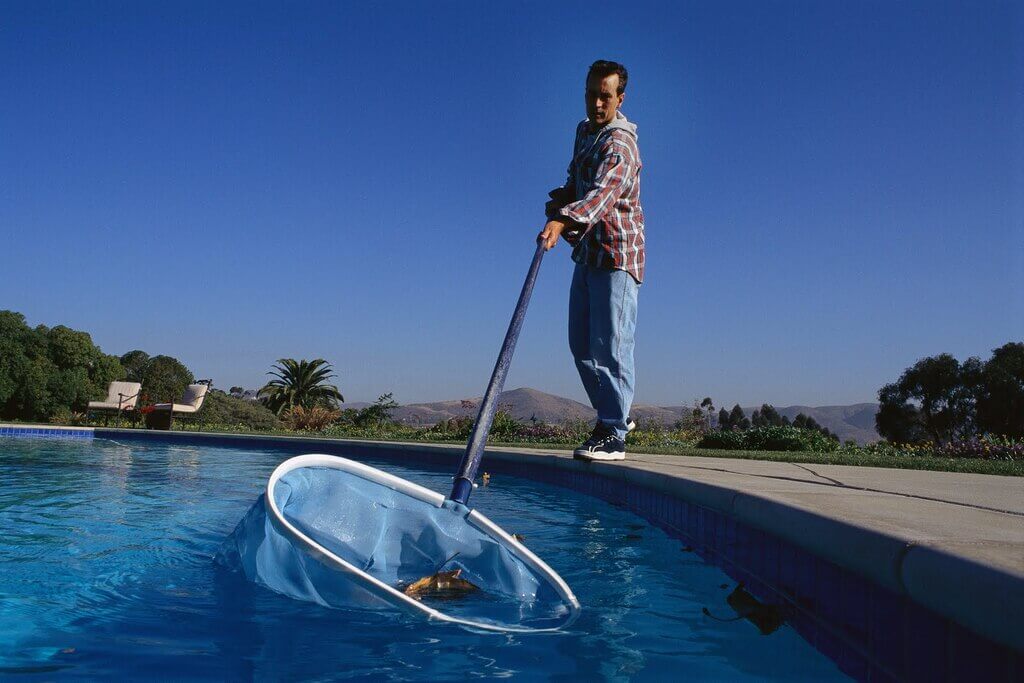Installing a swimming pool on your property is a classic way of enhancing the aesthetics of a home and its value. But moving on, you will need to provide regular pool maintenance. This job may be handled by the homeowner or a professional pool cleaning service. It’s not just about removing rotten leaves from the water. Some of the typical activities in pool maintenance include scrubbing residues off pool walls, vacuuming the pool, optimizing the circulation system, and regulating chemical levels. If you’re looking for excellent guidance on pool cleaning and save money on pool maintenance accessories, you can check out All About Pools.
Basics of Pool Maintenance
Regular pool maintenance allows you to detect (and eliminate) problems early and keep your swimming pool in top form. Pool water needs to be kept clean, perfect, and balanced. Neglecting the pool water may give rise to harmful contaminants and subsequently cause structural damages. One of the areas that require extensive care is the walls of the pool.
Scrub off the residues, molds, and algae to ensure that the water is pure. Quality pool maintenance enhances pool circulation and minimizes the proliferation of contaminants. It’s important to get as much information as you can about pool maintenance and create a schedule to make things easy.
Saving Money on Pool Maintenance
If you’re not careful, pool maintenance may rack up huge bills and put a dent in your finances. The following are some of the tips for minimizing pool maintenance costs:
1. Minimize Water Loss
The common way that pools lose water is through evaporation. If your swimming pool keeps releasing too much water, the costs of refilling the swimming pool can quickly add up to a huge amount. And so, invest in a solar pool cover to minimize evaporation. Also, ensure that leaks are repaired on time.
2. Regular Maintenance

Providing regular maintenance not only preserves the efficiency of your pool but also makes the actual maintenance processes easy. Neglecting your pool may lead to serious damages that might require you to spend way more on repairs than you would have in maintenance. Neglecting your swimming pool not only causes structural damages but can also lead to the existence of harmful contaminants.
3. Shut Off Idle Water Features
Different water features serve different functions. For instance, spillover spas are a decorative feature; bubblers are for shooting bubbles, and waterfalls improve aesthetics. But leaving these water features running at all times can rack up the water expense. Learn to close idle water features.
4. Avoid Over-Cleaning
Maintaining pool cleanliness is a priority. However, when you do overdo it, it can become a needless resource drain. If you have automatic cleaners, make sure they are not running daily. Also, make sure that you’re not constantly adding chemicals, as this can prove to be expensive.
5. Minimize the Temperature of Your Heater
In cold seasons, swimming pool heaters can enable you to swim with relative comfort. But then you have to keep in mind that the more you raise the heater’s temperature, the greater the cost. And so, if you need to use a swimming pool heater, ensure that you lower the temperature or you can also install a pool enclosure that prevents cool winter winds from entering the pool area and would let you take a dip in the hot pool water.
6. Use Baking Soda

One of the critical things in swimming pool maintenance is stabilizing the levels of alkalinity. Instead of using an alkalinity booster, you can use baking soda. Baking soda is cheaper than alkalinity minerals and is proven to be just as effective at regulating alkalinity. But then you need to apply baking soda in small amounts to avoid the development of a cloudy appearance.
7. Improve the Surrounding Environment

You may not transfer your swimming pool to a new location, but you can improve the surrounding environment to conserve resources. For instance, you can invest in a natural wind barrier to minimize water loss through evaporation. Also, you can eliminate pest activity to lessen the risk of structural damage.
8. Don’t Buy Chemicals Excessively
Swimming pool chemicals make the water harmless to swim in. Some of the common swimming pool chemicals include cyanuric acid, alkalinity increaser, and chlorine tablets.
Different types of pools require different types of chemicals, and it’s thus important to invest in just the necessary swimming pool chemicals to avoid wasting money.
9. Maintain Pool Equipment
Ensure that your tools are in tip-top condition. This involves cleaning and replacing the equipment and parts of the pool itself when needed. For example, if your pool is fairly old you may need to look for companies to get any liners or covers replaced. However, there are things you can do yourself. The pool filter will need to be cleaned regularly to avoid the accumulation of debris, and proper handling and storage of pool equipment make for easy pool maintenance.
Discover More:-

